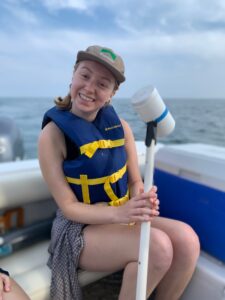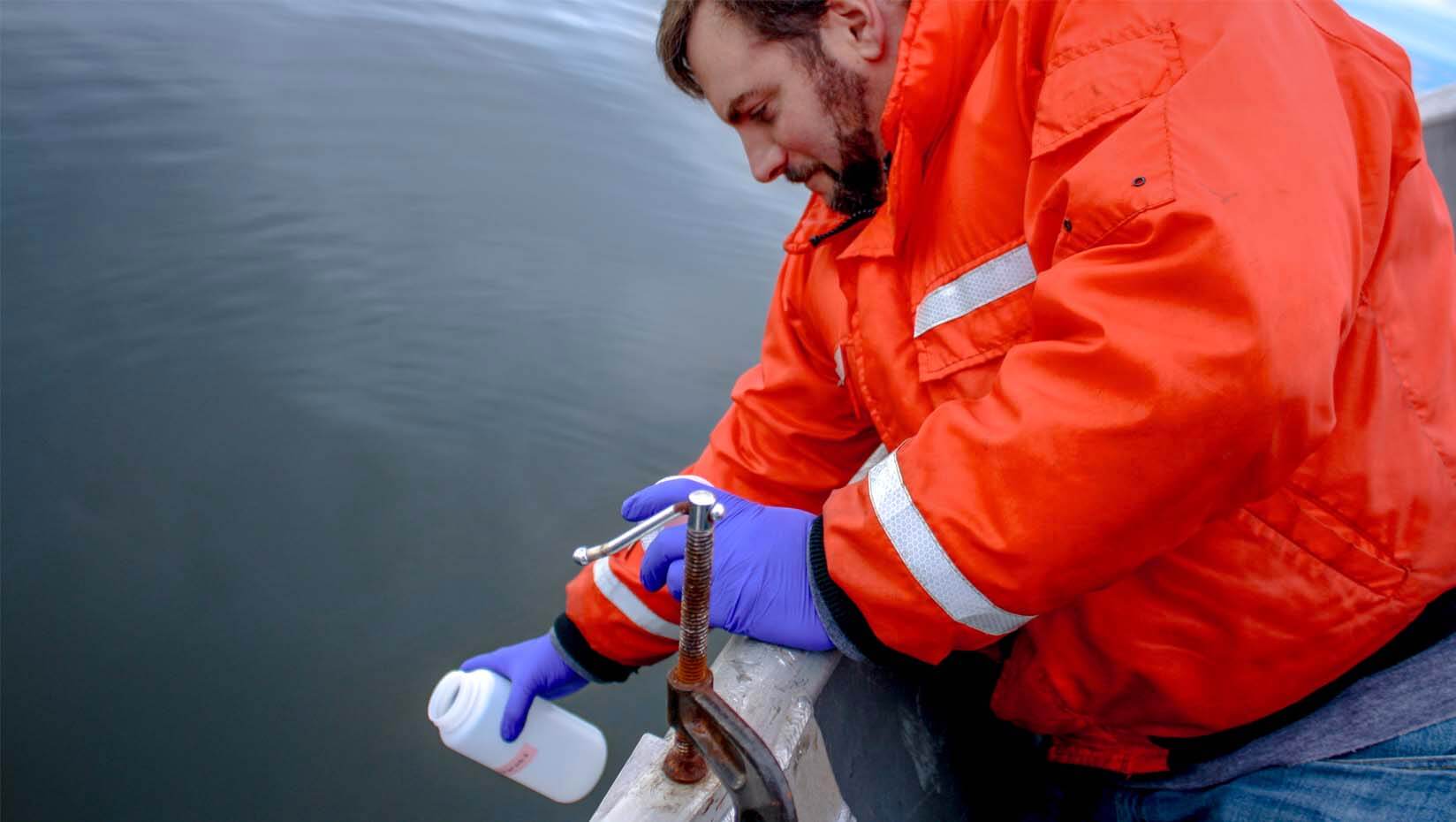Jamie Fogg, a Cammen Lab undergraduate research assistant and a Maine Top Scholar, was invited on to the Maine State Science podcast to chat about some of the research she has been working on at UMaine! From whale watch research with Allied Whale (College of the Atlantic) during a summer internship, to using environmental DNA (eDNA) to study gray seals in Cape Cod with the Cammen Lab, Jamie has participated in a wide range of research during her undergraduate career thus far.
Most recently, she was awarded a prestigious NOAA Hollings Scholarship, and this summer, she will be working at the Woods Hole Laboratory of NOAA’s National Marine Fisheries Service studying North Atlantic Right Whale passive acoustics.

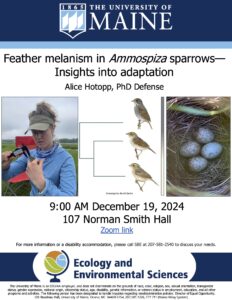

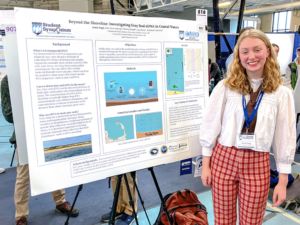

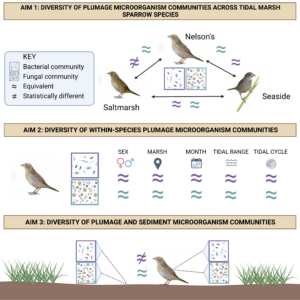
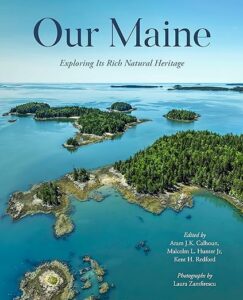 To check out our book, you can purchase it
To check out our book, you can purchase it 